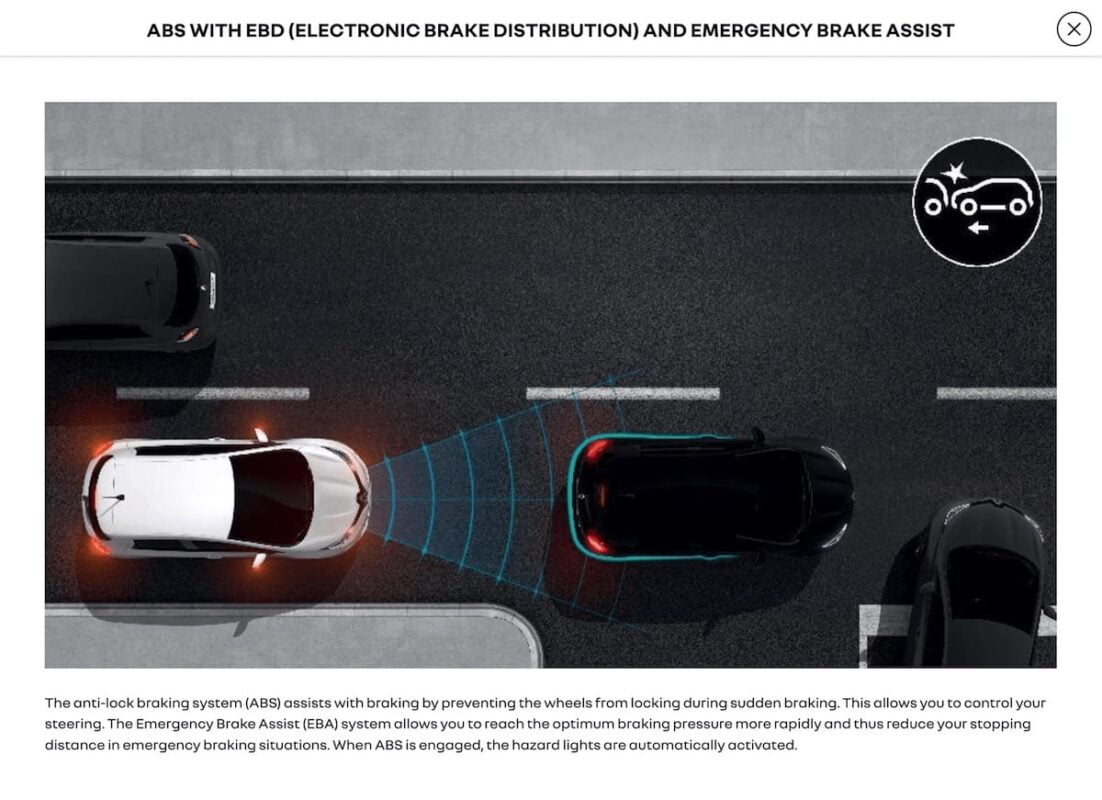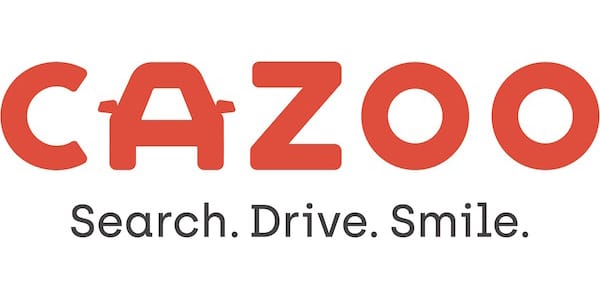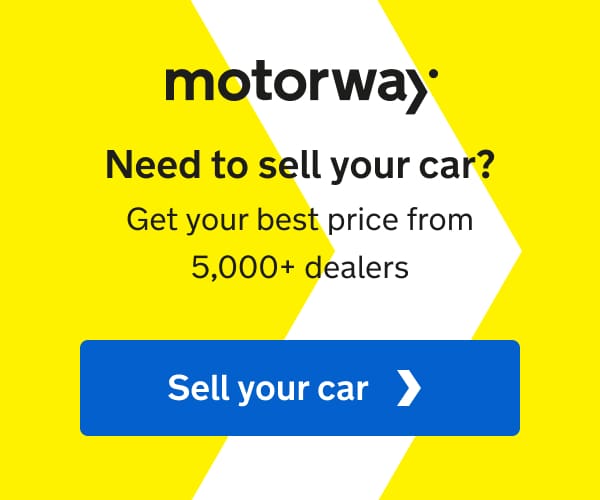Today, Euro NCAP issued the Renault Zoe a woeful zero-star score for safety and offered scathing criticism of the company for removing crucial safety equipment from the car.
A zero-star Euro NCAP score from any car manufacturer, at any price point, is simply unacceptable. The Renault Zoe has been held up as a pioneer of electric motoring, and highly regarded by motoring titles. But these results now mean it is impossible to recommend the Zoe to anyone. It performed terribly in all four categories as assessed by Euro NCAP, which is frankly atrocious.
There has been plenty of media coverage about the Zoe’s safety results today, but it’s not the only car from Renault Group to receive terrible safety scores this year.
Also in today’s results, the new Dacia Spring electric SUV (not currently on sale in the UK) from Renault’s budget brand only managed to score one star, which Euro NCAP described as “downright problematic” and, in certain cases, “life-threatening”.
Meanwhile, back in April, the popular Dacia Sandero was awarded a sub-par two stars, which Euro NCAP said “shows little ambition, even for a low-cost product”.
The UK’s leading safety organisation, Thatcham Research, itself a member of Euro NCAP, was equally scathing. Matthew Avery, the chief research strategy officer, said: “The adult occupant score of 43% for the Renault Zoe is the lowest we have seen in 11 years.”
Euro NCAP today suggested that Renault’s safety legacy was now “ruined”, and it’s hard to disagree. The Dacia Sandero is currently the biggest-selling car in Europe, while the Renault Zoe has been a poster child for EV adoption over the last decade. Yet both are genuinely problematic when it comes to safety.
What’s wrong with the Renault Zoe?
The current Renault Zoe was launched in 2019, and is a substantial update to the original version launched in 2013 (rather than an all-new replacement).
As part of the 2019 update, Renault downgraded the specification of crucial side impact airbags, removing head protection coverage for driver and passengers. This resulted in very poor side impact scores, especially in pole-impact tests (representing a side-on collision with a telegraph pole or similar). Pole-impact collisions are particularly nasty, with a third resulting in death or serious injury, so removing head airbags from the Zoe is a very dangerous decision by Renault.
Renault has also failed to fit the Zoe with critical accident avoidance technology like autonomous emergency braking, which can apply the brakes automatically to prevent collisions if the driver fails to act. At higher speeds, where an accident is unavoidable, it can significantly reduce the impact speed. This technology is relatively cheap and has been around for several years, yet it is not available – even as an option – on the Zoe.
Euro NCAP test cars in four categories: adult protection, child protection, vulnerable road users (pedestrians and cyclists), and safety assist (accident avoidance technology). On all four counts, the Zoe was simply awful.
Basically, you do not want to have an accident in a Zoe. You do not want your kids to be in a Zoe if it is involved in an accident. The Zoe is not good enough at avoiding pedestrians or cyclists. And the Zoe is woeful at avoiding accidents with other vehicles.
By comparison, Reanult also offers the Clio, which is a very similar size to the Zoe but powered by either a petrol engine or a petrol-electric hybrid combination. It scores excellent marks in every category and is a fine choice for you and your kids (and for everyone else on the roads around you). It’s also nearly £10K cheaper than a Zoe.
Yes, electric cars are more expensive to produce than petrol cars. But pinching pennies on readily available safety kit is simply not acceptable. And if public opinion swings against the Zoe, it could end up costing Renault a lot more money in lost sales.
Euro NCAP says: “The new Zoe offers poor protection in crashes overall, poor vulnerable road user protection and lacks meaningful crash avoidance technology, disqualifying it for any stars.”
We asked Renault UK for comments on the Zoe’s zero-star score, and this is the response in full:
“Renault takes note of the results published by EuroNCAP following specific tests on Zoe E-Tech Electric according to its new protocol implemented in 2020.
“First of all, Renault reaffirms that Zoe E-Tech Electric is a safe vehicle, which complies with all regulatory safety standards. These standards are constantly evolving and are becoming more stringent in all domains, especially in safety. Renault therefore continually improves its offer in order to comply with the regulations applicable where its vehicles are sold.
“Zoe was launched in 2013 and received 5 stars with EuroNCAP protocol at that time. The EuroNCAP protocol has since 2013 undergone 5 changes. With the same equipment, a model can lose up to 2 stars in each protocol change.
“The evolution of the current Zoe was decided in 2017 adapting the passive safety equipment to real accidentology and updating the car with state of the art ADAS equipment such as Advanced Emergency Braking with Pedestrian and Cyclist Detection, Lane Departure Alert and Lane Keeping Assist, using a radar and a camera.”
With regard to that last paragraph, it should be pointed out that the entry level Zoe Play does not get the additional equipment mentioned (and you can’t pay extra to have it), but the mid-level Zoe Iconic and top-spec Zoe GT Edition do.
Dacia is just as bad as Renault
Maybe it’s not surprising that if Renault is going cheap on safety for its own cars, then it will go even cheaper on safety for its budget brand Dacia.
Alongside the Renault Zoe’s zero-star result, the new Dacia Spring (an electric small SUV sold in Europe but not yet available in the UK) scored one star. Euro NCAP summarised it as follows:
“Its performance in crash tests is downright problematic, with a high risk of life-threatening injuries for driver chest and rear passenger head in frontal crash tests and marginal chest protection in side impact.”
Well, that doesn’t sound encouraging, does it?
One popular model that Dacia does sell in the UK is the new Sandero, which arrived last winter and was promptly awarded the What Car? Car of the Year awards in January 2021. In a fairly major embarrassment to both What Car? and Dacia, the award was revoked after Euro NCAP published its test results in April and only gave the Sandero two stars.
Euro NCAP’s secretary general, Michiel van Ratingen, said:
“Clearly, Dacia have found their market and they’re sticking to it, but a two-star rating shows little ambition, even for a low-cost product.”
The award may have been quietly withdrawn, but not before Dacia had spent three months actively promoting its big win. How many people bought a Sandeo on the strength of that heavily-advertised success and are unaware that it was subsequently revoked because of a poor safety rating?
It’s also worth pointing out that the Zoe has received a number of awards, including one from What Car? and several other titles. Presumably we can expect What Car? to be asking for that one back soon as well…
Is Renault deliberately misleading buyers on safety tech?
To make matters even worse, the Renault website uses misleading graphics that suggest the Zoe is fitted with autonomous emergency braking (which it isn’t) and lane-keeping assistance (which isn’t fitted to the entry-level model but is included in more expensive versions).
These images and icons are shown on Renault’s site, both of which are more commonly used to illustrate competely different technologies.


The first image and its corresponding icon (on the left or on top, depending on your screen size) looks for all the world like a generic visual representation of autonomous emergency braking (AEB), which automatically applies the car’s brakes to avoid a collision if the driver fails to act. But it’s actually supposed to be a graphic to illustrate anti-lock brakes, which have been around since the 1980s, and emergency braking assist, which boosts brake pressure in a maximum braking scenario.
The second image (on the right or the bottom) seems to be a clear visual description of lane-keeping assist, which helps to keep the car centred in your lane if the driver starts drifting onto the white line. But no, it’s actually supposed to represent electronic stability control and traction control, more old-news technology that help to maintain steering under braking and traction when accelerating in slippery conditions.
At best, these are poorly-chosen illustrations to depict the respective technologies. At worst, it looks like Renault is deliberately trying to mislead potential customers into thinking that the Zoe is fitted with contemporary accident avoidance technology, which it most certainly isn’t.
Being generous, it looks like the second graphic is an error. Renault has used a similar graphic with other models in its range to describe lane-keeping assist, although it’s certainly not consistent and uses different graphics for different cars. The braking graphic, however, is highly dubious.
The graphics are, intentionally or otherwise, highly misleading. Renault needs to remove them from its website immediately and replace them with more appropriate images and icons to describe the systems.
We have flagged this with Renault’s UK communications team and they are currently investigating. We’ll update this article with any outcomes.
UPDATE, January 2022: We have noticed that Renault has removed the offending images above from its website and replaced them with better images. There is still inconsistency in how Renault describes safety technology on its website, but it’s no longer blatantly misleading.
Can these ratings be fixed?
Yes and no. In March 2022, the European Union will be introducting its next General Safety Regulations, which will also apply to the UK. This will force Renault and Dacia to fit basic safety equipment like autonomous emergency braking to all of its new cars.
However, that’s not going to turn a zero-star car into a five-star car. Realistically, it might add another star to both the Renault Zoe and the Dacia Sandero. Small improvements, but hardly praiseworthy – especially when its a regulatory requirement rather than a voluntary effort.
If Renault has chosen to remove head airbags from the Zoe, presumably it can decide to reinstate them. Whether it will act in response to Euro NCAP’s testing results remains to be seen.
Not on our watch
Next week, The Car Expert will be publishing its first annual rankings of the best new cars on sale – effectively, our Car of the Year awards. They’ll be based on our industry-leading Expert Rating Index, and will recognise both the best new models launched in 2021 and the very best new cars on sale in each category and price point.
As a matter of principle, we will not be including any family or high-volume car that scores three stars or lower, or does not have a current Euro NCAP safety rating.










